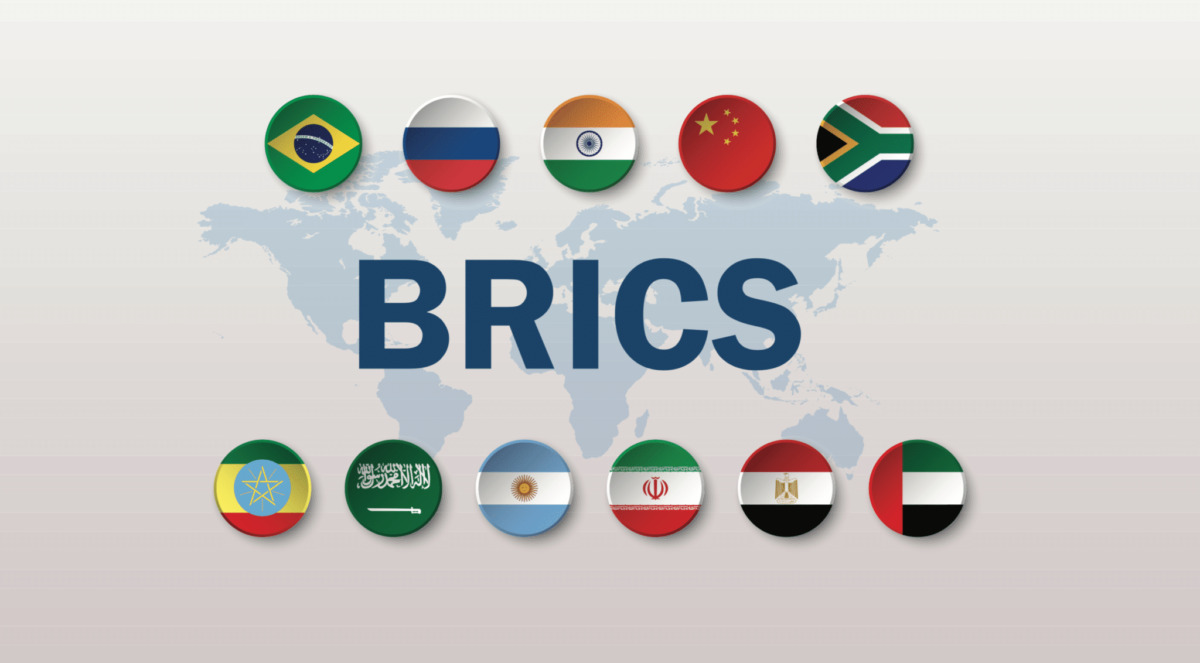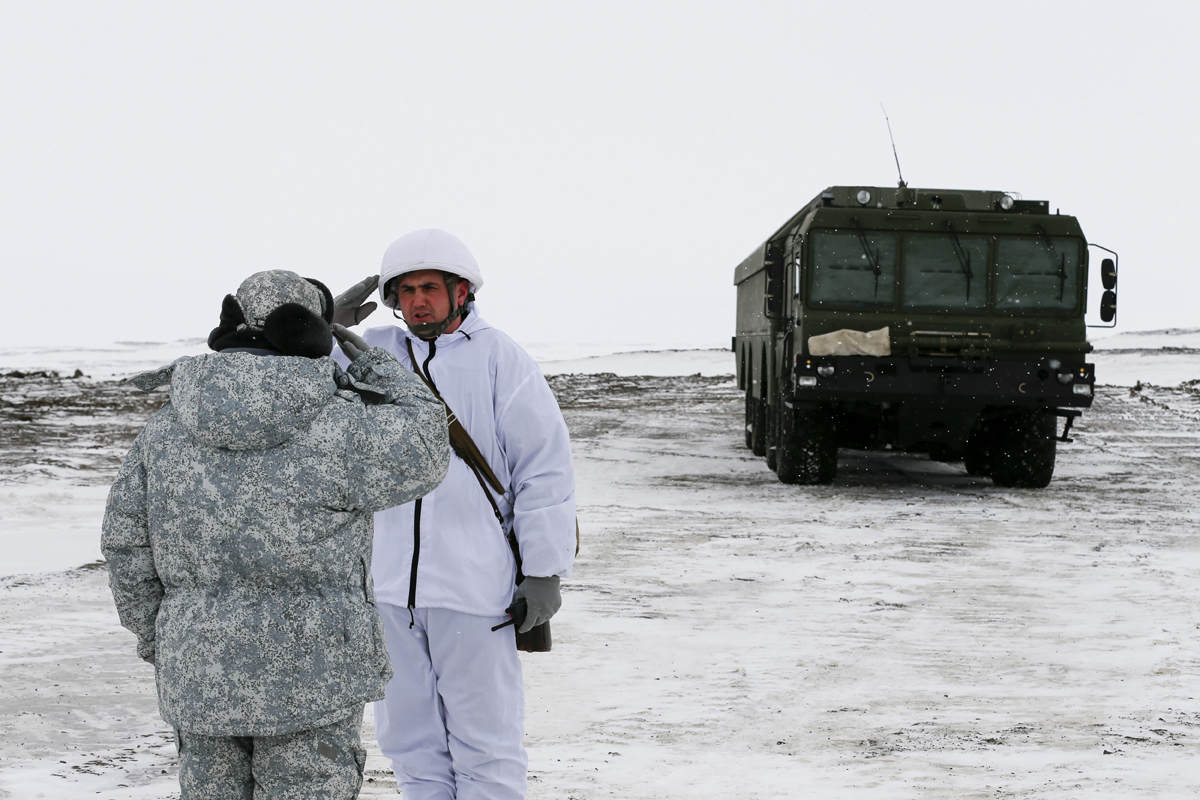Renewed Great Power Competition
The issue for Congress is how U.S. defense planning should respond to the emergence of great power competition with China and Russia
Congressional Research Service
Summary:
The emergence of great power competition with China and Russia has profoundly changed the
conversation about U.S. defense issues from what it was during the post-Cold War era: Counterterrorist operations and U.S. military operations in the Middle East—which were moved to the center of discussions of U.S. defense issues following the terrorist attacks of September 11, 2001—are now a less-dominant element in the conversation, and the conversation now features a new or renewed emphasis on the following, all of which relate to China and/or Russia:
grand strategy and the geopolitics of great power competition as a starting point
for discussing U.S. defense issues;
organizational changes within DOD;
nuclear weapons, nuclear deterrence, and nuclear arms control;
global U.S. military posture;
U.S. and allied military capabilities in the Indo-Pacific region;
U.S. and NATO military capabilities in Europe;
new U.S. military service operational concepts;
capabilities for conducting so-called high-end conventional warfare;
maintaining U.S. superiority in conventional weapon technologies;
innovation and speed of U.S. weapon system development and deployment;
mobilization capabilities for an extended-length large-scale conflict;
supply chain security, meaning awareness and minimization of reliance in U.S.
military systems on foreign components, subcomponents, materials, and
software; and
capabilities for countering so-called hybrid warfare and gray-zone tactics.
The issue for Congress is how U.S. defense planning should respond to the emergence of great
power competition with China and Russia, and whether to approve, reject, or modify the Biden
Administration’s proposed defense funding levels, strategy, plans, and programs for addressing
great power competition. Congress’s decisions on these issues could have significant implications
for U.S. defense capabilities and funding requirements.





Déjanos tu comentario